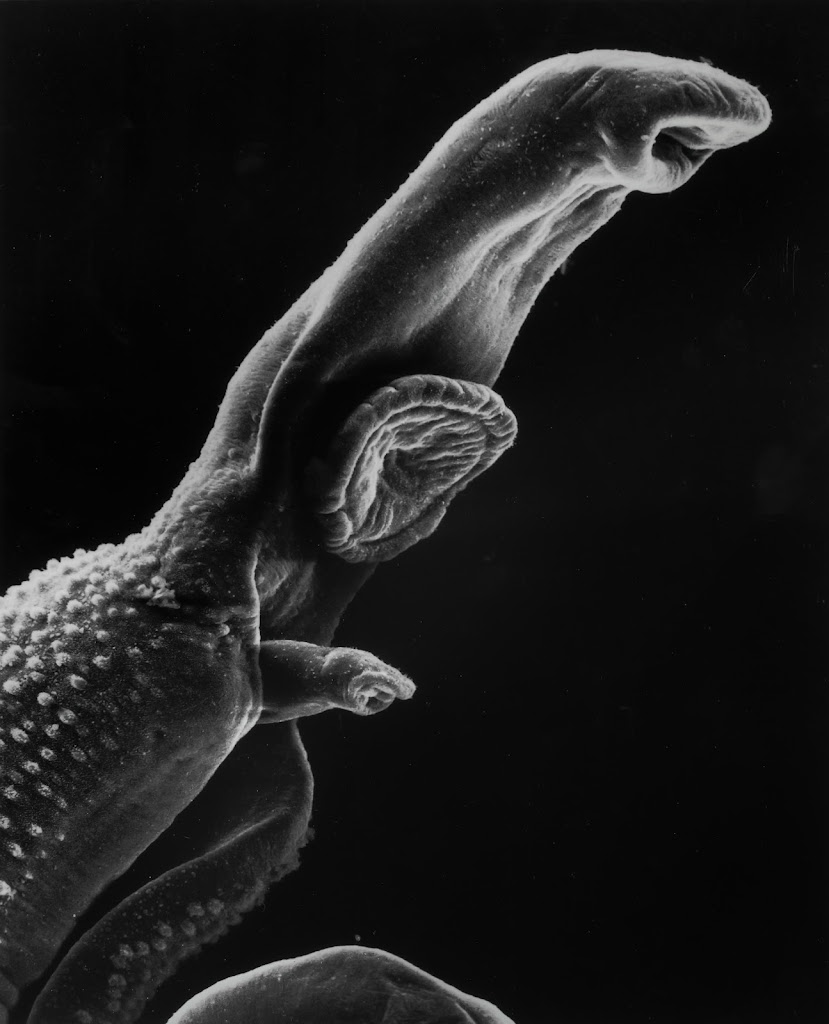According to the National Institute of Health, In Africa,
particularly sub-Saharan Africa, a study carried out over a ten-year period
between 1999 and 2009 reported a 30.2%-55.6% prevalence of intestinal parasites
among the vast majority of the people.
Blood tests can provide indications of a parasitic infection by detecting specific markers related to the presence of parasites in the bloodstream or the immune response mounted against them. Here are a few blood markers that can suggest a parasitic infection:
-
Eosinophils: Eosinophils are a type of white blood cell involved in the body’s immune response against parasites. Elevated eosinophil levels, known as eosinophilia, can be a sign of a parasitic infection. This increase occurs because eosinophils are recruited to combat the parasites.
-
IgE Antibodies: Immunoglobulin E (IgE) is an antibody associated with allergic and parasitic infections. Elevated levels of IgE in the blood can suggest a parasitic infection, as IgE is produced in response to parasite-related antigens.
-
Antigen Detection: Some blood tests can directly detect parasite antigens or their products in the bloodstream. These tests are specific to certain parasitic infections and are used to identify the presence of the parasite or its components in the blood.
-
Serology Tests: Serology tests measure the levels of specific antibodies in the blood. In the case of certain parasitic infections, the presence of specific antibodies indicates exposure to or an ongoing infection by the parasite.
-
PCR (Polymerase Chain Reaction): PCR tests are molecular techniques that can detect the genetic material (DNA or RNA) of parasites in the blood. These tests provide highly sensitive and specific results for detecting certain parasitic infections.
It is important to note that the choice of blood markers for detecting parasitic infections depends on the suspected parasite and the clinical context. Healthcare providers may request specific blood tests based on the patient’s symptoms, travel history, and risk factors associated with certain parasites.
Diagnosing parasitic infections often requires a combination of clinical evaluation, blood tests, and sometimes additional diagnostic procedures, such as stool examinations or imaging studies. Proper identification and treatment of parasitic infections are crucial to ensure appropriate management and prevent complications.
If you suspect you may have contracted a parasite click here to learn more about symptoms and tell-tale signs of infection. For blood testing and diagnosis, reach out to me at matt@nutritionactual.com.


